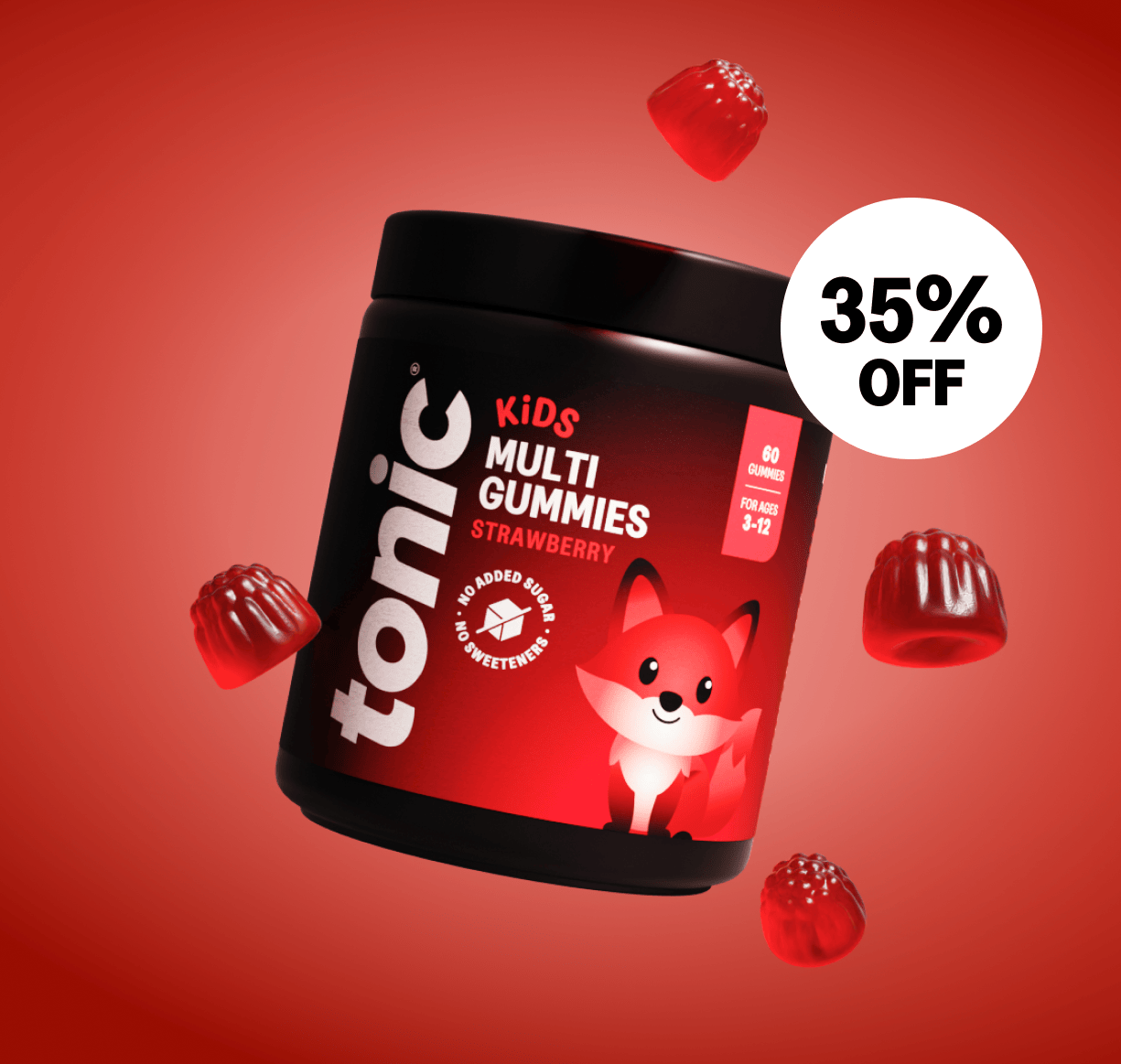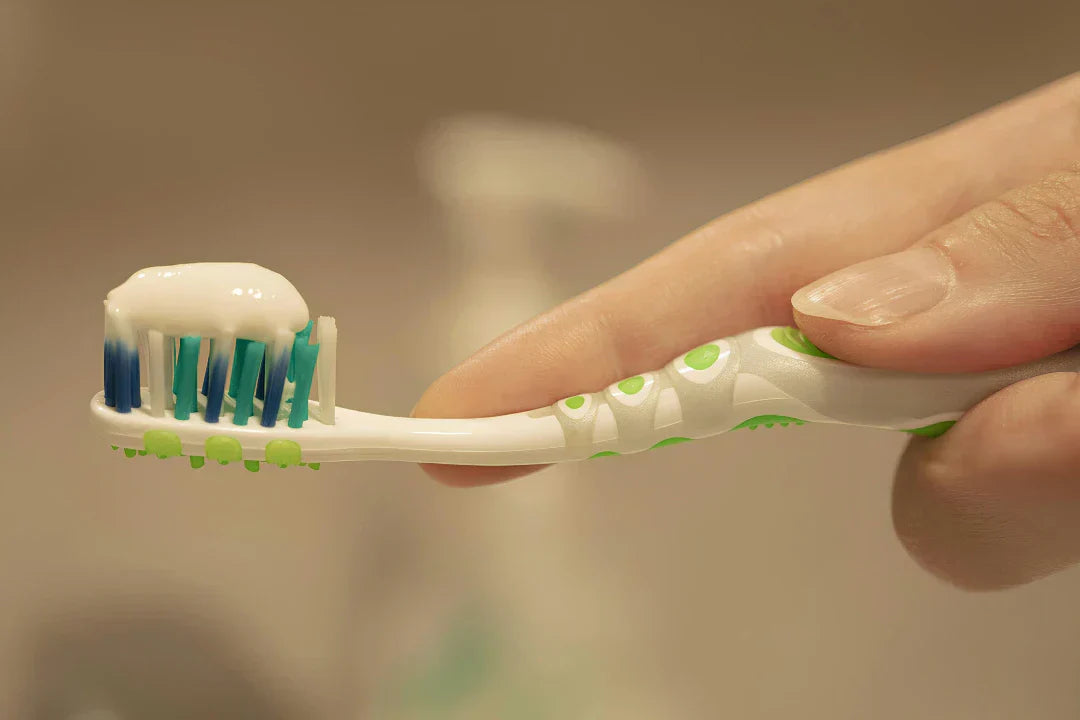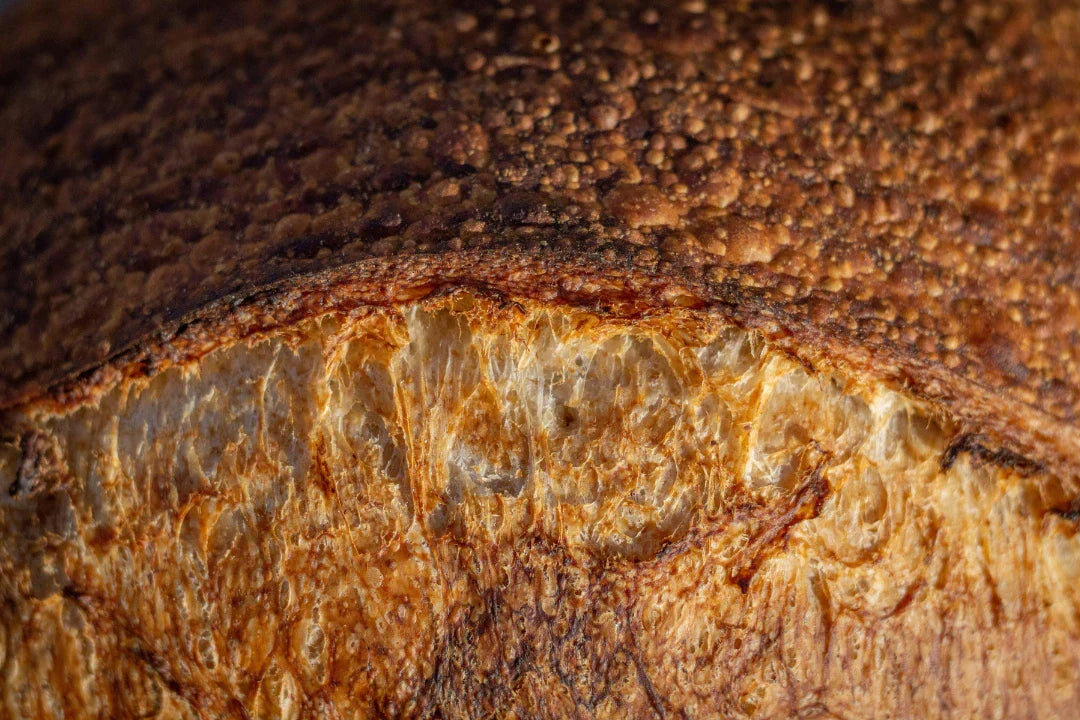We would assume that toothpastes with health claims on the front are all healthy. The Colgate and Aquafresh brands have been around for years, with large multi-nationals like Colgate-Palmolive and GlaxoSmithKline behind them, but let's not take it for granted that these market leaders filling our supermarket shelves are the best for us. And, when we say best for us -- we don't only mean just our teeth, but our health in general.
Really thinking about it, our oral health does not exist in a vacuum, but is linked to the rest of your bodies, from cardiovascular to brain health. Our mouthes are actually incredibly absorbant, and whatever we put in our mouthes is absorbed through our tongues or cheeks (buccal mucosa)! It’s called oral absorption and is highly effective. So, paying attention to what’s in the tube that you use twice a day is actually important!
Toothpaste contains an array of chemicals
So let’s figure out which ones are winners, and which are not! A good dentist will have their opinions on what makes a good toothpaste, and we are defiantly not claiming to be dentists but we are experts in deciphering labels, so let’s have a look.
Fluoride
Let's start with fluoride, one of the most well-known ingredients in toothpaste and possibly the most debated. Speak to any dentist and they will likely tell you fluoride isn't the enemy and that it helps prevent tooth decay, strengthens teeth and promotes enamel remineralization.
Fluoride is a naturally occurring mineral, which is extremely effective at preventing tooth decay in both adults and children. Our teeth are constantly covered in a sticky layer of germs called plaque. When we eat or drink sugary products those bacteria in plaque produce acid that slowly wear away the hard outer enamel of your tooth, causing little holes called cavities.
So, what does Fluoride do?
- It helps rebuild enamel that's been attacked by acid, which can reverse the early signs of tooth decay.
- It encourages the formation of a super-strong enamel called fluorapatite that's highly resistant to acid and bacteria.
- Fluoride also has antibacterial powers that limit the growth of germs and stop them from sticking to your teeth.
The British Dental Association (BDA) and the WHO recommend using fluoridated toothpaste to help prevent cavities. However, there has been some controversy over the safety of fluoride, with some studies suggesting that excessive fluoride exposure can lead to health problems like fluorosis a cosmetic condition that affects the teeth – pearly white lines or flecking on the teeth. It is caused by overexposure of fluoride during the first 8 years of life. Remember our mouths are highly absorbent, might be worth thinking about next time you're in the toothpaste aisle.
Other Ingredients to be Cautious of:
Sodium Laurel Sulphate
Sodium lauryl sulphate (SLS) is the substance that creates all the bubbles and foam! Some toothpaste brands market SLS as a natural ingredient from coconut oil, but it can become contaminated with toxins during the manufacturing process.
What can this cause? Mostly irritation to the mouth and gums. SLS can also be drying, which can lead to dry mouth and the appearance of canker sores or mouth ulcers. In addition, SLS can reduce taste receptors in the mouth and even cause dry skin.
An alternative to consider is coconut oil or aloe vera, which are ingredients in natural toothpastes, and just as capable of doing SLS’s job.
Polyethylene Glycol
Polyethylene glycol (PEG) are petroleum-based compounds used in the cosmetic industry as thickeners, solvents, softeners and moisture carriers. They prevent loss of water and subsequent hardening of the paste when it is exposed to air. Basically, they prevent the toothpaste from running off of your toothbrush and into the sink!
PEG has been linked to endocrine disruption, and it's the primary ingredient found in antifreeze, yes, you read that correctly, ANTIFREEZE! While we certainly don't want our toothpaste to freeze, we also don't want to ingest antifreeze. Therefore, it's best to avoid toothpaste that contains PEG and instead look for natural toothpaste alternatives that are free from potentially harmful synthetic ingredients.
Carrageenan
And the last flag-raising ingredient is carrageenan. Carrageenan is a red seaweed that’s becoming a more and more popular food additive, although it has been deemed safe to consume there is evidence to suggest it can be gut disruptive. The problem isn’t necessarily the seaweed itself but the amount of it we are now consuming, it’s in so many products we consume daily, and it may be having an effect on our bodies.
The vast majority of research on carrageenan has been focused on its use in food products, not toothpaste, nonetheless we should take note. Our mouths are highly absorbent and we will inevitably swallow some toothpaste that will travel to our gut and could over time cause digestive problems.
Is Kids Toothpaste any Different?
Children's toothpaste isn’t much different to adult toothpaste. Children's toothpaste may have a milder flavour or be formulated with kid-friendly flavours and packaging to make brushing more appealing and enjoyable for young children, but many of them still contain the baddies like, sodium lauryl sulphate, polyethylene glycol and carrageenan, plus some also add sweeteners to make them “taste nice”.
Chemical-free Toothpaste Guide

We’ve spent the time looking at the labels so you don’t have to, check out our shopping guide below on “better for you” toothpastes, we’ve even included a couple of kids toothpastes to check out too.
Here's a quick summary:
- What to look for
- What to avoid
- What brands and products are best
It's free to download. Click this icon to see it 👉📑
On mobile? Click here instead 👉📲
What about Mouthwash?
Moving on to mouthwash, one ingredient that often raises questions is alcohol. Alcohol is used in many mouthwashes as an antiseptic to help kill bacteria in the mouth, however it isn't able to differentiate between good and bad bacteria, so it KILLS IT ALL! Alcohol in mouthwash leaves the mouth dry, this might not seem like a big deal, however dry mouths are more susceptible to bacteria. Alcohol can also have a negative impact on the gut microbiome. Because the mouth is extremely absorbent, any alcohol in mouthwash can be quickly absorbed into the bloodstream and affect the balance of bacteria in the gut. For this reason, some people may choose to use alcohol-free mouthwash as a safer alternative.
We love Waken Mouthwash, you can find it in Waitrose or online, it comes in an array of flavours. They use natural ingr\edients and essential oils, plus their packaging is made using post-consumer recycled (PCR) plastic. Alternatively Dr Organic's or Ecodenta 😊
More on Instagram and TikTok this week
This week on our socials, we’ll be investigating toothpaste and mouthwash in the supermarket – plus looking at the kid’s toothpaste section.







1 comment
Allan Lawson
Hi mate, love your tiktoks. How have you not mentioned titanium dioxide in you’re newsletter that is now banned in the EU?
Allan
Leave a comment
All comments are moderated before being published.
This site is protected by hCaptcha and the hCaptcha Privacy Policy and Terms of Service apply.